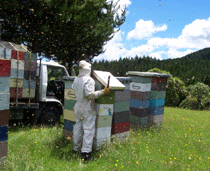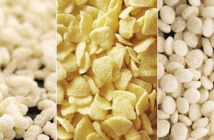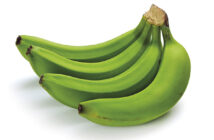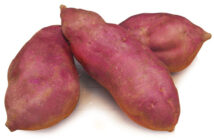The price of New Zealand honey is at a record high after poor summer weather and an increase in global demand.
Manuka honey, highly sought after for its known health properties, and other native floral honeys have been the worst affected.
Neil Stuckey, owner of Waitemata Honey Co and northern representative for the National Beekeepers Association of New Zealand, estimates the overall honey crop will be down 30 percent this year, with manuka between 60 and 70 percent down.
According to a MAF apiculture report New Zealand produced 9450 tonnes of honey in the year to June 2011, and honey exports earned $101.6 million.
Prices have risen sharply as a result of the disappointing season and Mr Stuckey says beekeepers who received $10 a kilo for manuka honey last year are now receiving $15.
"Bees like nice still days and warm weather and a lot of flowers don't yield nectar if the ground temperatures don't get up to a certain level.
"In the top half of the North Island manuka flowers early when it's pretty unsettled weather with a lot of wind and bees don't like wind; they won't fly if it's above 10-15 kilometres per hour because they get blown around, so they stay home.
"We produce pohutukawa honey on Rangitoto Island but we didn't take hives there (last summer) because the pohutukawa just didn't flower."
Mr Stuckey says bee deaths through colony collapse disorder have affected global honey production at a time when demand is increasing, in part because of the shift away from refined sugar and corn starch to more natural sweeteners.
Despite prices increasing with growing demand Mr Stuckey says international customers are still prepared to pay extra for New Zealand honey because it has a strong reputation.
"We've put up our prices considerably this year. Japan and China just say 'oh yeah, right' and go on and sell it."
Waitemata Honey recently sent an 18 tonne container load of honey to China where it sold so fast "they're talking about taking a container load a month."
While the price bonanza might be good for exporters, it creates problems for companies supplying the domestic market and using honey in food manufacturing.
Honey Meisters is a Canterbury-based business that packs honey aimed at the tourist and gift market, and makes honey-based products such as Beenut Butter. It has stores in Kapiti and Wellington and also sells online. Over the past three months owner Kris Jansen has faced a 40 percent increase in the price of manuka honey she buys from beekeepers.
"Prices are unprecedented," says Mrs Jansen.
Already paying up to $18 a kilo for manuka honey, Mrs Jansen expects it to climb higher still and says even clover honey that used to cost under $5 a kilo is up to $6 or $7. Native honeys such as rata, rewarewa and kamahi are in very short supply.
"One of my beekeepers only got 10 percent of his normal crop."
Beekeepers Association president Barry Foster says higher honey prices are offset by the fact that apiarists have had to contend with increased costs for fuel, labour and sugar (used to feed bees in bad weather), and a growing number of apiarists are spending up to $160 per hive to have them helicoptered into manuka growing areas.
Mr Foster says there's concern the honey price rise will increase pressure on regulators to allow the importation of cheap honey, currently banned because of the risk of introducing new bee diseases to New Zealand.
"We have been fighting tooth and nail to keep these out. Importing honey is a bit like allowing the importing of kiwifruit pollen and we know the consequences of that with Psa (disease) in the kiwifruit industry."





























































































